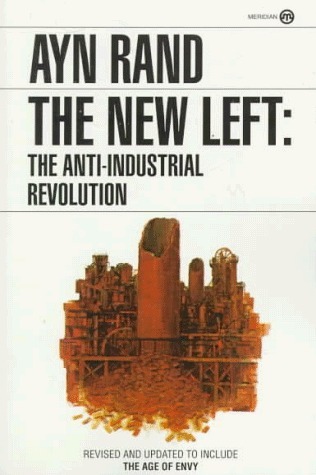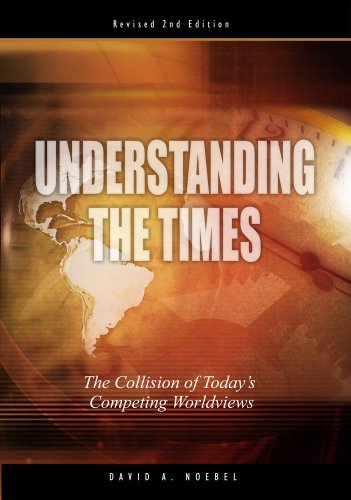
The Ominous Parallels
Book Description
A world teeters on the brink, shadowed by the chilling echoes of history's darkest moments. Leonard Peikoff draws shocking parallels between the rise of totalitarian regimes and the subtle erosion of individual freedoms in contemporary society. With razor-sharp insights, he unmasks the philosophical underpinnings that fuel tyranny, weaving a narrative that ignites urgency and deep introspection. As civilization grapples with moral dilemmas and ideological clashes, the stakes couldn't be higher. Can humanity reclaim its identity before it’s too late, or will the past's ominous patterns repeat themselves? What will you stand for when freedom hangs in the balance?
Quick Book Summary
"The Ominous Parallels" by Leonard Peikoff delivers a powerful analysis of how the philosophical ideas at the foundation of a society shape its political destiny. Drawing on the rise of Nazi Germany as a chilling example, Peikoff argues that the same anti-reason and collectivist ideologies responsible for totalitarian regimes are creeping into modern Western culture. He traces the historical evolution of philosophical thought that enabled the horrors of fascism, warning that a disregard for reason and individualism can pave the way for tyranny. Urging readers to recognize the slow erosion of freedom, Peikoff advocates for a revival of rational, objective principles to safeguard civilization from repeating history’s darkest chapters. The book is both a wake-up call and a call to action for defenders of liberty.
Summary of Key Ideas
Table of Contents
Philosophical Roots of Totalitarianism
Leonard Peikoff opens by tracing the intellectual roots of totalitarianism, asserting that philosophical ideas are not mere abstractions but the drivers of political reality. He examines how the dominance of irrational philosophies—beginning with Kant and evolving through the German intellectual tradition—undermined reason and objective reality. This shift laid the groundwork for an environment in which collective authority could supersede the individual, setting the stage for the rise of Nazism in Germany. Peikoff contends that philosophical errors, left unchallenged, manifest as political disaster, showing that the cultural and academic trends of any era can deeply influence the fate of nations.
The Decline of Reason and Rise of Collectivism
The book delves into the decline of reason and the alarming ascendancy of collectivist thought. Peikoff explains how the abandonment of objective standards in favor of mysticism, emotion, and social conformity undermines the value of the individual. By analyzing the intellectual climate preceding Hitler’s regime, he demonstrates how such ideas, once entrenched, corrode the foundations of liberty. Peikoff identifies the dangerous progression from skepticism to relativism to outright nihilism, emphasizing that the rejection of reason opens the door to authoritarian control and mass obedience.
Parallels Between Nazi Germany and Modern Society
Peikoff draws direct parallels between the steps that led to the Nazi dictatorship and trends observable in modern Western societies, particularly the United States. He highlights the growing acceptance of government intervention, collectivist policies, and moral subjectivism, warning that these echo the same ideological patterns that empowered past tyrannies. The author contends that socio-political movements removing individual judgment in favor of group consensus or state dictates bear striking resemblance to the intellectual climate of Germany in the 1920s and 1930s, sounding a sobering alarm about the potential repetition of history.
The Erosion of Individual Rights
A central theme is the gradual erosion of individual rights under the guise of "social good." Peikoff emphasizes that, without unwavering respect for objective law and individual autonomy, societies slide towards controlling and oppressive policies. He critiques the expansion of state power into education, morality, and economics, illustrating how such encroachments, though often incremental and justified as progress, mirror the intoxicating promises that enabled totalitarian regimes. Peikoff challenges readers to recognize the essential role that individual rights play in preserving freedom against the tide of collectivist ideology.
Defending Freedom Through Objective Philosophy
In his conclusion, Peikoff offers a resolute defense of freedom grounded in objective, rational philosophy. He urges a return to the Enlightenment ideals of reason, individualism, and respect for objective reality. Highlighting Ayn Rand’s philosophy of Objectivism, Peikoff posits that only by recommitting to these principles can society resist the resurgence of tyranny. The book ends on a call to action, stressing that the future hinges on the ability of individuals to think independently and refuse to surrender to the ominous historical patterns he has exposed.
Download This Summary
Get a free PDF of this summary instantly — no email required.





